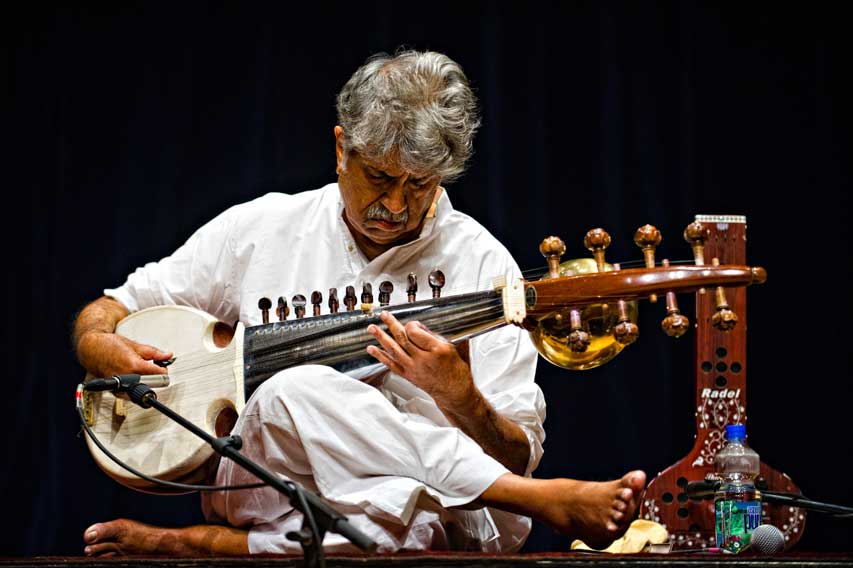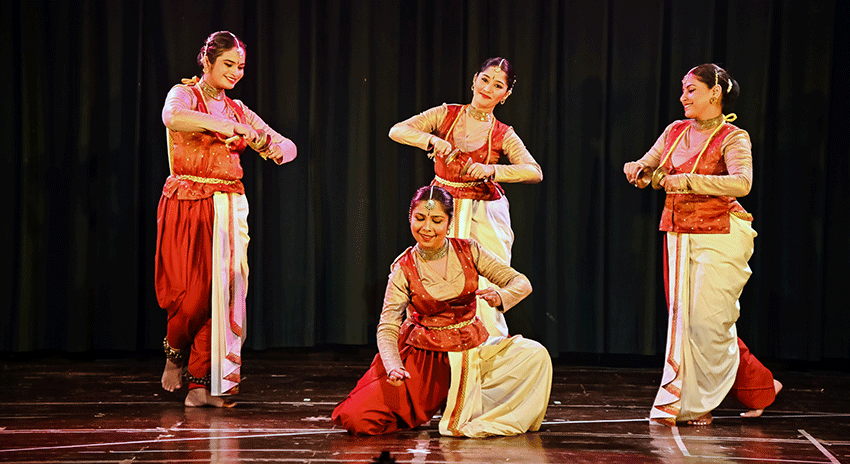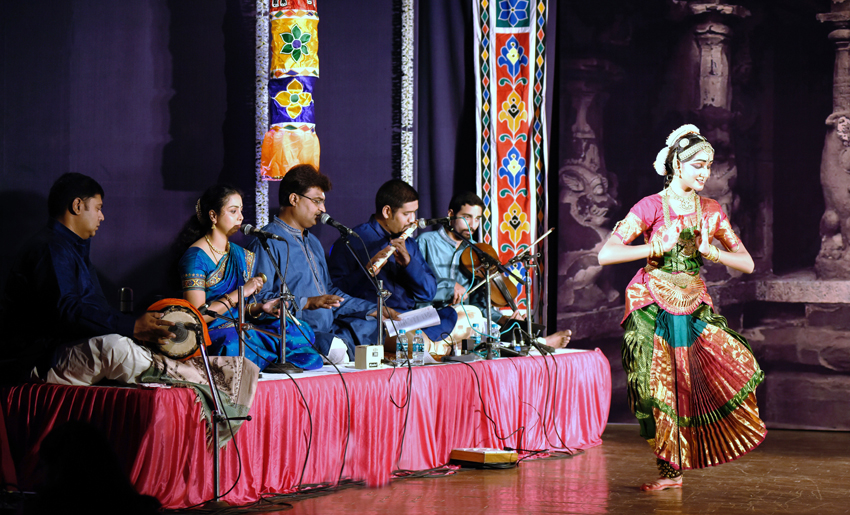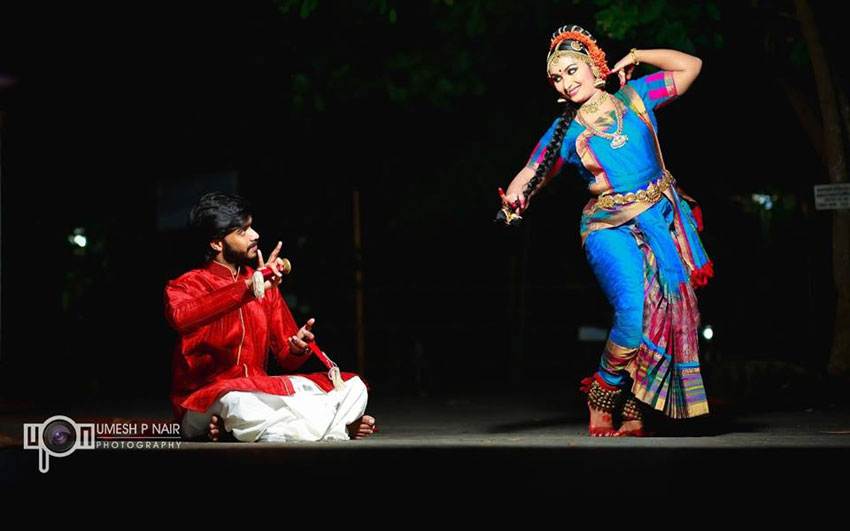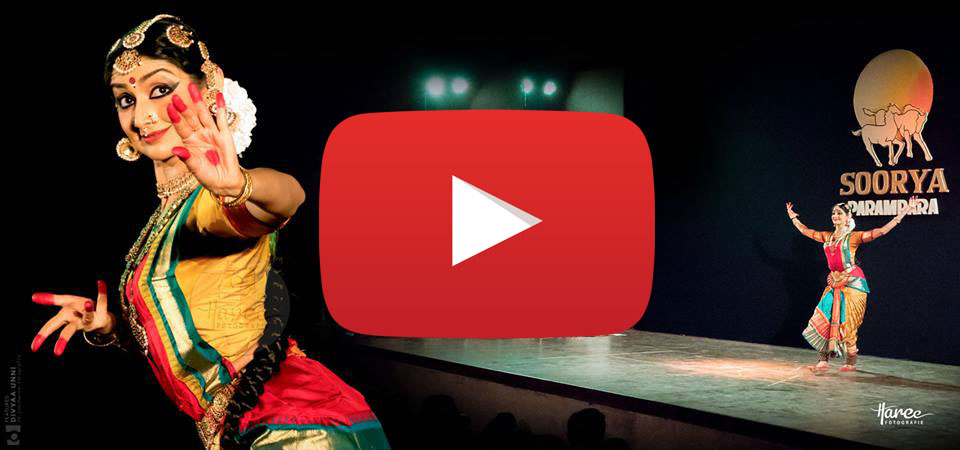Pt. Rajeev Taranath sounds stoic and expresses himself very clearly during a quick interview we had with him recently. Currently on a tour of the US, the veteran Sarod Maestro wards off questions he finds too clichéd to answer. At 86, he is of the opinion that learning, in general, is never a pleasant task. It is always a boring, tasking, tedious exercise, especially when one wants to attain mastery at some skill. The path of learning and acquiring something great is a process fraught with difficulties, boredom, tedious work and requires great tenacity.
Pt. Rajeev Taranath started his journey in Indian Classical Music as a vocalist. He earned accolades for the timbre of his voice till an age when the vagaries of adolescence interfered with the natural pitch of his voice and left it somewhat broken and hoarse. This made it unrealistic for him to continue in this discipline.
As his career in vocal music and as a regular performer in All India Radio started trailing off, he met Ustad Ali Akbar Khan for the first time. Dramatic as it may sound, Pt. Taranath had, at that point in time, made up his mind to learn music from him and leave aside everything else. He dropped Humanities and waited for two and a half more years with utmost patience, only to get introduced to the greatest Sarod Maestro of all times. Pt. Rajeev Taranath thereby started training in Sarod with Ustad Ali Akbar Khan from the age of 19 and side-by-side, studied his Bachelor’s Degree with English Literature as Honours subject.
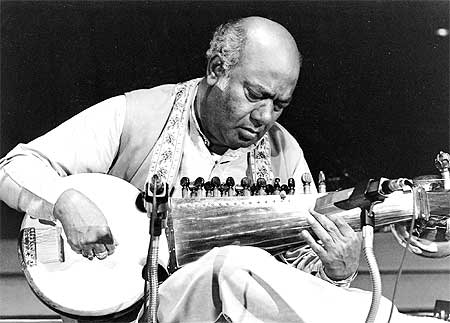
During that two-and-a-half year wait, Rajeev borrowed around 78 RPM records of Ustad Ali Akbar Khan from a friend and listened to them repeatedly to the extent where, he had memorised and internalised each and every alaap, gat, taan and bandish played in those recordings by Ustad Ali Akbar Khan.
Was he happy to leave everything and dedicate himself at the feet of Ustad Ali Akbar Khan at 19? – Yes.
Was it an easy decision to take up an instrument and that too, a difficult one as Sarod at the age of 19? – No.
“Guruji handed me a baby Sarod on which, he had practiced as a boy. I took care to rub off its rust accumulated from years of un-use while he showed me the fingering on the instrument. I have to admit, I was very, very surprised by the instrument, not pleasantly though”, reminisces the octogenarian.
His fingers started bleeding profusely soon after he started training under Khan Saab. “Almost all Indian instruments are difficult to play you see, as they hurt you physically, unlike a Harmonica ,” he says. Learning music, he says, is like learning a language. “Acquiring and learning are very different though. People mix up between the two,” he alerts. “Past the age of 6, 7 or 8, the willingness and the mind-set to learn is really born in a person.”
Learning, Pt. Rajeev Taranath thinks, is like setting hurdles for oneself. He compares it to the great athlete Sergei Bubka’s achievements and says, “What do you think he must have done? I am sure he used to set up one hurdle, conquer that and then set up a tougher hurdle for himself next and then conquer that one as well and continue this as an endless process.” He thinks that because of his strict adherence to a similar process, he has been successfully able to establish himself as a performing artist, a trainer, teacher and Professor of Sarod, all over the world even after starting a difficult instrument as Sarod at the age of 19. This, as a matter of fact, is a vital information and example in the realm of Indian Classical Music where it is believed that training should start as early as the age of 5 or 6 years. Pt. Rajeev Taranath is a Ford Foundation Scholar (1989 – 1992) and former member of the Department of Music Faculty at the prestigious Institute of the Arts in Los Angeles, California.
Pt. Rajeev Taranath has a repertoire of award-winning films to his credit – ones in which he had played the Sarod as a background score. However, when asked to elaborate his experience about it, he, in his usual detached manner, completely warded the question off by stating what he thinks of the use of Indian Classical Music in parallel films. “Displaying one’s taste in Indian Classical Music during the times of films like Pather Paanchali was like making one’s snobbery known too. So it was basically part of a low budget – high snobbery culture. A great film as Pather Paanchali gets awards in the Western world and only after that, gets recognised in the Indian diaspora. I think it is a pity that it is has been this way.”
Remembering his teaching methodology in the West and with Western students, he points out a very basic difference in the mode of training between Western Classical Music and Indian Classical Music. “In Western Music, it is the initiation of the eye as you have to read the music and play. On the other hand, in Indian Classical Music, it is pretty different – it is the sensitization of the ear that needs to be prioritized here.” He is of the opinion that Indian music, as compared to Western music, is but a variation of the language laboratory in teaching.
[adrotate group=”9″]
“While students in the West lack our ‘sanskar’, I must tell you that some of the musicians who are really interested in Indian Classical Music and pursue it as a profession, do so doggedly. Some of them perform Indian Classical Music mostly in Indian restaurants and that is where their careers are limited for life. Some have grown out from this stream too and are touring and performing in venues now, but the conviction and contentment with which, they pursue Indian Classical Music is regardless of where they are performing and that is highly admirable and exemplary,” he says.
He also cites the names of successful Indian Classical Musicians of Western origin like Chris Ris, Bruce Hamm and Steve Oda, a Canadian citizen of Japanese ancestry, and expresses his amazement at the way they have built their careers as full-time, professional Sitar and Sarod players, performing successfully in renowned venues and festivals all over the world . “All three of them have learned for 30 years from Ustad Ali Akbar Khan Saab and have an exemplary track record in terms of their dedication, discipline and performance career,” he says. He particularly points out Bruce Hamm who, he thinks, can shame an elephant as far as memory is concerned. “Bruce, in my opinion, is a giant in retaining lessons because of his mammoth-like ability to remember.”
Pt. Rajeev Taranath was born in Bangalore, raised in Kolkata and lives in Mysore now. He still believes in the one-on-one method of teaching which, in his opinion is antediluvian but the most effective when it comes to Indian Classical Music. “No I haven’t started giving online lessons as yet and I am quite frankly, skeptical about it,” he says. “It is ok to have online concerts, however, as far as learning is concerned, I am not quite sure where the current generation is heading, if they are learning a subject as Indian Classical Music online,” he maintains as I hear his voice trail off into the distance of the humming cellular network with a warm, yet detached “Thank You!”



